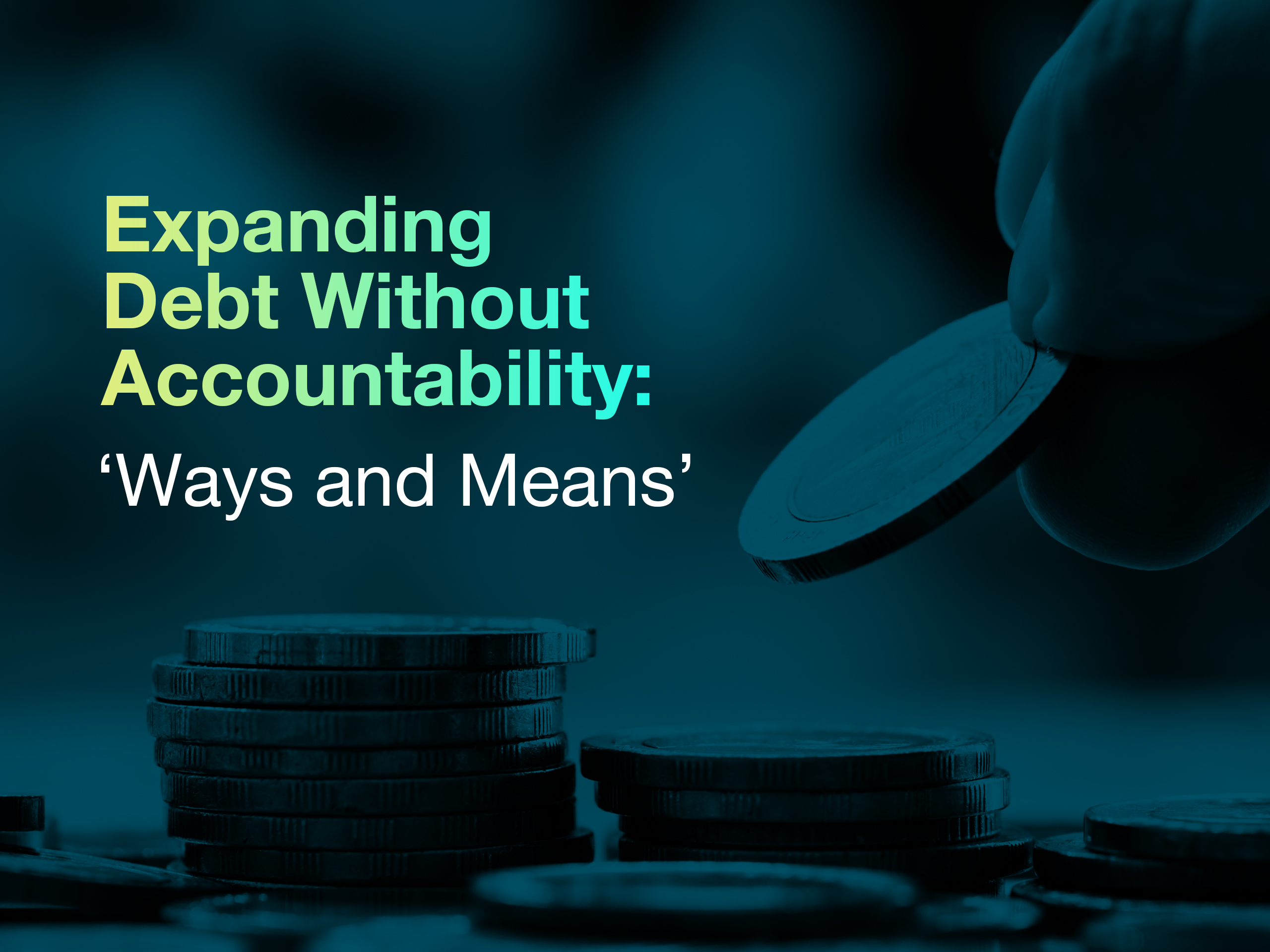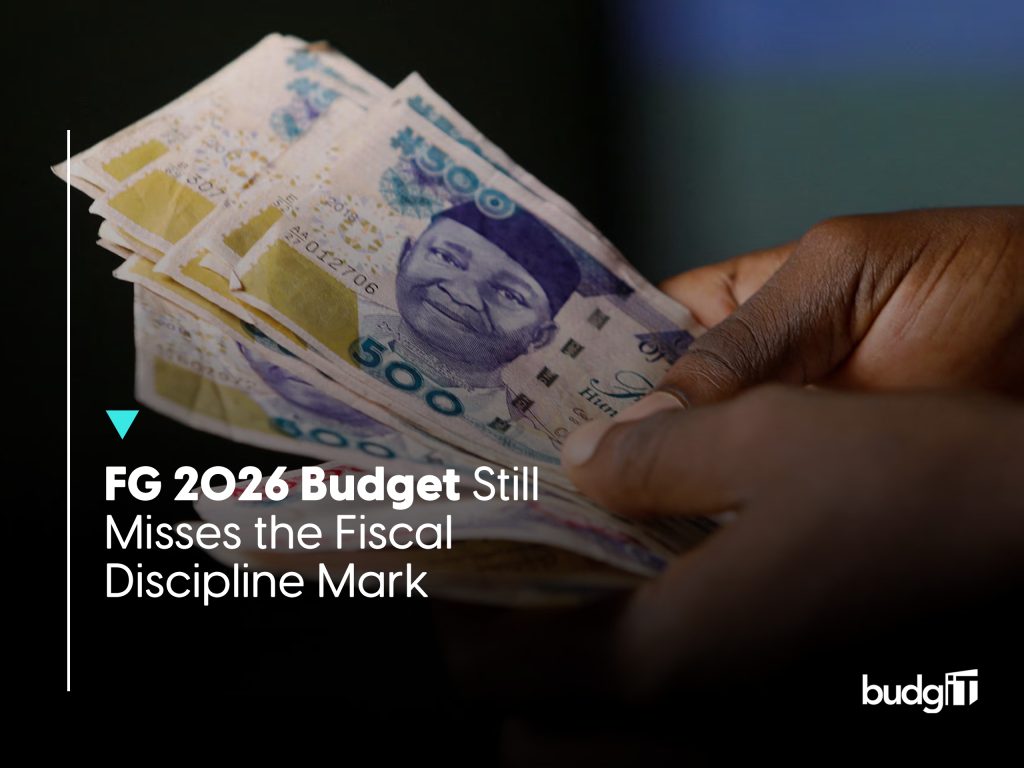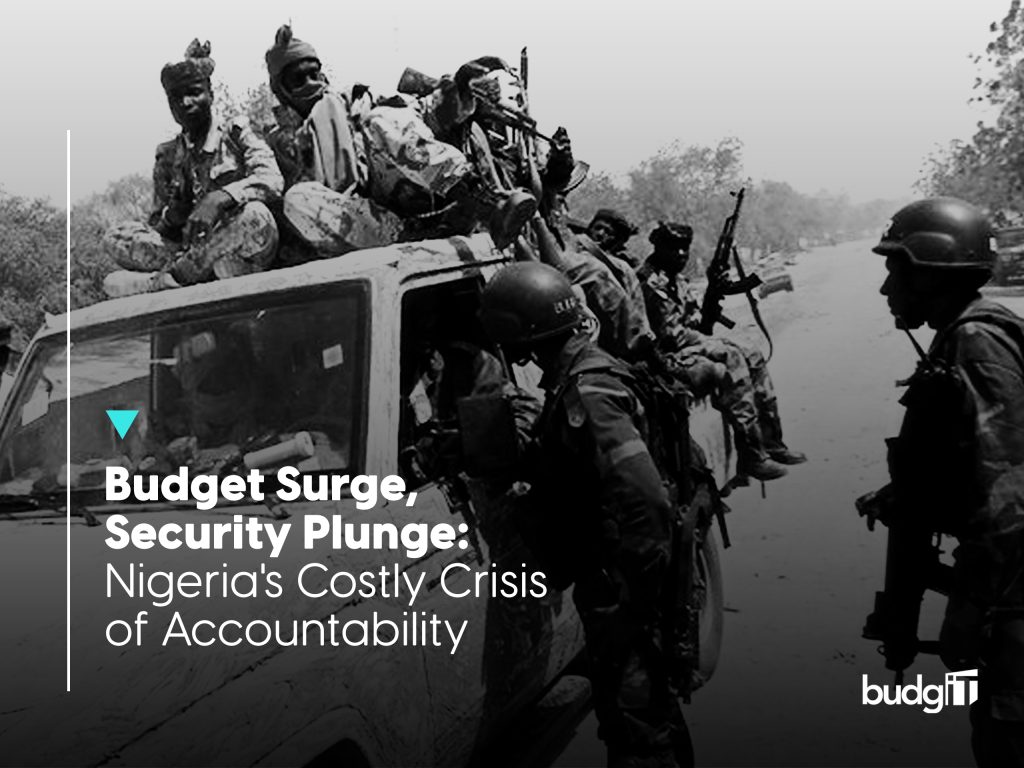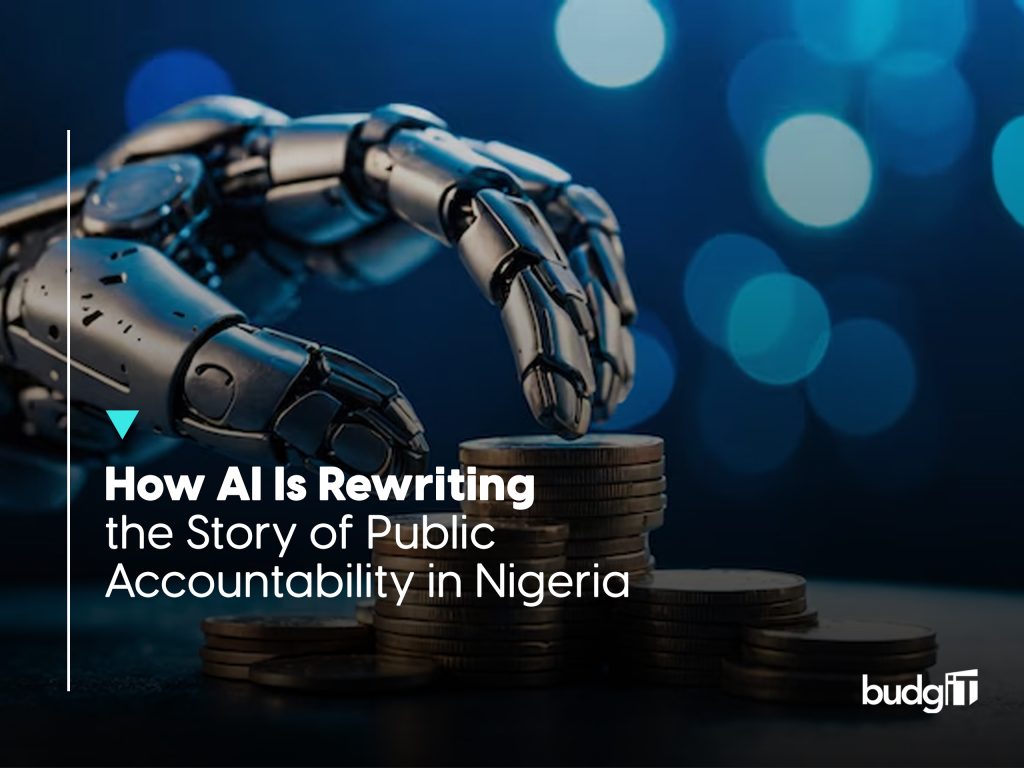Nigeria’s upper legislature has approved N23.7 trillion to be securitized, a move that raises Nigeria’s aggregate debt from N46 trillion to N70 trillion. Nigeria’s debt-to-GDP now rises from 23.2% to 35.1%, meaning it might need to raise its 40% debt limit in the nearest future. Nigeria’s ‘ways and means’ (pejoratively known as ‘money printing’) grew from N790 billion in May 2015 to N23.7 trillion in 2022.
This means the Central Bank of Nigeria (CBN) has been lending to the Federal Government against its laws, which stipulate that the government is not supposed to borrow more than 5% of its previous year’s revenues from the CBN. In fact, the CBN breached this rule by lending up to 91.27% of the 2021 revenues of the Federal Government in 2022, throwing such fiscal guardrail into the dust. This process was breached serially, and the current securitization was the validation of the illegality.
Several governance issues have now been brought to the fore, which have highlighted perennial issues relating to the erosion of public sector accountability, improper fiscal management, and a continued misunderstanding of the role of separation of powers. Hence, there are a few things to consider due to this approach. They will be discussed as follows:
- Perverse Incentives to Grow Public Revenues
While the Federal Government continues to expand its budget expenditure and revenues not anchored on realistic projections, it used the ‘ways and means’ copiously to shore up expenditure, denying the opportunity to rationalize expenditure and set priorities in line with its revenues. It is a well-known approach as extra-budgetary support from monetary authorities and is usually laid with conditions for fiscal consolidation or operational efficiency.
Apart from raising the domestic debt from N8.8 trillion in December 2015 to N27.6 trillion in December 2022 and foreign debt from $10.7 billion as of June 2015 to $37.23 billion by December 2022, the Federal Government continued on a borrowing spree without considering that it was an optimizing expenditure. If the Federal Government has the leeway to borrow money indiscriminately from the CBN, what then is the incentive to grow revenues? Will taxes remain the fiscal option to provide equilibrium in society if the CBN continues to inject funds in a haphazard manner? For instance, during high oil prices, the Federal Government showed no urgency to grow production to benefit from the windfall, as oil production collapsed to a nearly 20-year low of 900,000 barrels per day.
- Accumulating Debt Without Accountability and Self-Liquidating Status
At the initial review, the National Assembly requested details of the Federal Government’s funds use that justified the securitization. No response was given to this demand, and it is puzzling that the Senate approved it nonetheless. Accumulating debt for sustainability purposes should come with clarity of funds allocation and use to help assess if they are applied to self-liquidating projects or have the capabilities to further generate revenues in the near or long term. The absurd part of the ‘ways and means’ situation is that Nigeria largely borrowed these funds to finance consumption, as shown in the recurrent funding gap. This reinforces that the ‘ways and means’ financing has been converted to a budget funding instrument as opposed to the liquidity support it was intended to be. While the Federal Government has secured a moratorium for three years before the interest (at 9%) would be paid, what says that the Federal Government’s “grace” period won’t be extended? Is it not possible that debt service costs can be paid to CBN, only to be borrowed it again by the Federal Government? In every element of social justice and in line with the Fiscal Responsibility Act, debt should be used for capital projects and human capital development. Still, the Federal Government used the ‘ways and means’ to cover its recurrent shortfalls. Nigeria might have distorted its fiscal structure.
The inability of the Federal Government to rein itself regarding the continuous exploitation of the ‘ways and means’ facility may show a deeper problem of an Executive that cannot abide by its own rules. Such a scenario smacks of ‘Rule by Law’ (as opposed to ‘Rule of Law’), where laws and rules exist for everyone except those in government or powerful enough to change the laws.
- Weakness of Oversight Functions in National Assembly and Other Statutory Agencies
Over the years, different organizations have reiterated that the ‘Ways and Means’ advances significantly impact devaluation and inflation as it continues to increase the money supply without commensurate asset backing. However, the 10th National Assembly, through its Appropriation Committees or Public Accounts Committee, did not apply the necessary oversight to ensure that the law was kept. It also means that the Executive can continue to break rules and use the National Assembly to validate such abuse at the end of the period. Between 2019 and 2022 (which mainly captured the 10th National Assembly), the ‘Ways and Means’ advanced to the Federal Government was N18.3 trillion. This was 77% of the total amount securitized, which explains that every level of scrutiny was clearly suspended. Even if the Executive intended to approach the National Assembly, the former should have asked for an amendment of the relevant section of the CBN Act to allow for a larger threshold for the size of advances it aimed for.
Another critical point to note is that the volume of debt securitized was a stock and not a flow. What will happen to “Ways and Means” that was obtained after the request to securitise the N23.7 trillion was made? What deterrence is in place to prevent future debt accumulation through Ways and Means?
Previous administrations have tried to limit national debt due to its potentially corrosive effect on public revenues (famous efforts such as the Paris Club exit in 2005 and its impact on sovereign risk ratings cum cost of borrowing). Previous administrations also expanded ‘buffer funds’ such as the Excess Crude Accounts and Sovereign Wealth Fund, which helped weather the Global Recession crisis. The current government suspended rules of fiscal prudence and leaned on the CBN beyond acceptable limits. This broke the independence of the Central Bank and made price stability its undesired target, as inflation galloped to 22% and gradually eased the national currency from being an assured store of value. It behoves the next administration to check the overwhelming presence of the monetary institution; else, we might continue on this irrecoverable slope where the apex bank is fully degraded to a mere Federal Government parastatal.
Contributors:
Iniobong Usen, Head of Research and Policy Advisory, BudgIT
Vahyala Kwaga, Senior Research and Policy Analyst, BudgIT
Tosin Iseniyi, Research Analyst, BudgIT



